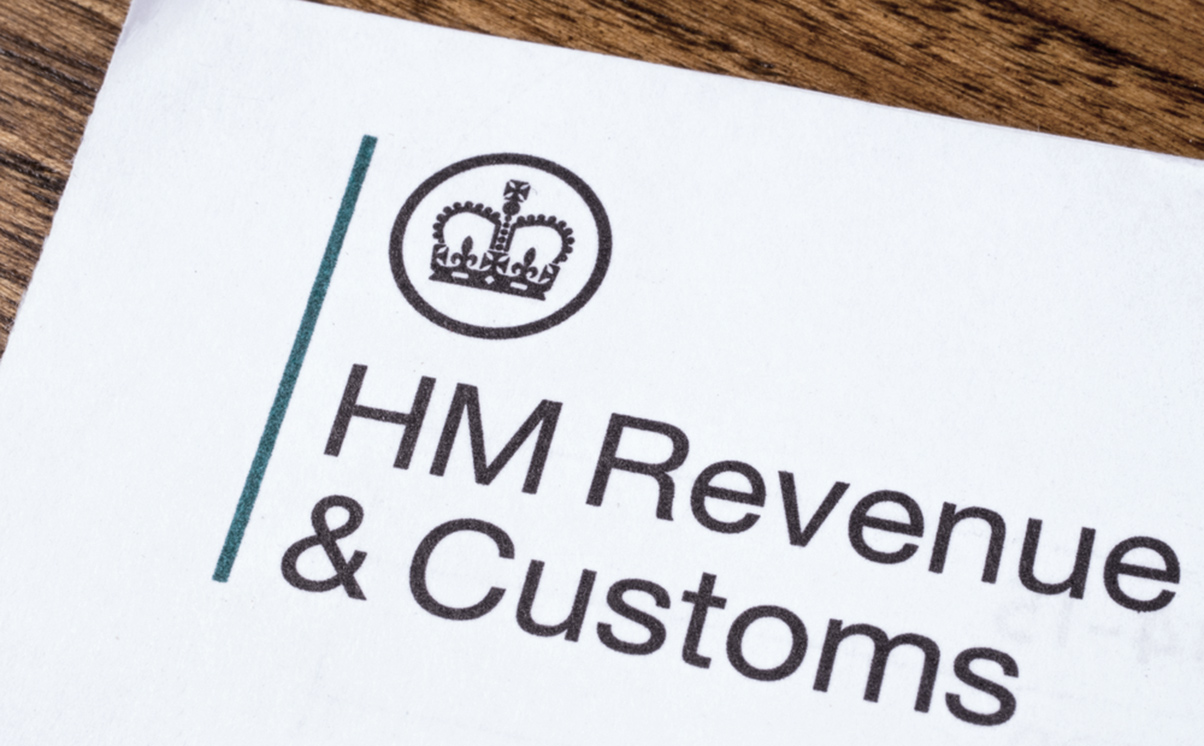In May 2022, HM Treasury published a consultation to take views on how best to regulate the failure of stablecoin companies using pre-existing insolvency legislation. Stablecoin companies are classed by the UK Government as systemic “digital settlement asset” (DSA) firms. A large failure could have a significant disruptive effect on the economy, so the area requires robust statutory processes in place to manage any wind-down.
On 2 August 2022, the City of London Law Society, which represents approximately 17,000 City of London lawyers (CLLS) published its response to the consultation. The four working group members, including Tim Symes of Stewarts, responded on behalf of the CLLS’ Insolvency Committee.
Tim says: “It’s encouraging that the Government is looking ahead to ensure we are ready to handle stablecoin failures properly.
The use of pre-existing insolvency measures and the interaction with the Bank of England and the Financial Conduct Authority will not, however, be without its challenges.
We hope by this response we’ve highlighted to the Government some of the potential issues that need thought given to them.”
Key points of the response
The working group members commented on:
- the proposal to apply the Financial Market Infrastructure special administration regime (FMI SAR) as the primary regime for systemic DSA firms which are not banks;
- the proposal to establish an additional objective for the FMI SAR focused on the return or transfer of customer funds, similar to that found in the Payment and E-Money Special Administration Regime (PESAR), to apply solely to systemic DSA firms;
- the proposal to provide the Bank of England (BoE) with the power to direct administrators, and to introduce further regulations in support of the FMI SAR to ensure the additional objective can be effectively managed, and what further regulation might be required in this area; and
- the proposal to require the Bank of England to consult with the Financial Conduct Authority prior to seeking an administration order, or directing administrators where regulatory overlaps may occur.
What are systemic digital settlement asset firms?
Among general observations at the outset, the response highlights that it was not clear from the current consultation precisely which firms would or would not fall within its scope. The definition seems to be broader than in previous consultations – for example, whilst the January 2021 consultation on the UK regulatory approach to cryptoassets and stablecoins expressly excludes algorithmic (as opposed to collateralized) stablecoins from its scope, the May 2022 Consultation would appear to accommodate those. Alongside a call for greater clarity on this, both definitions were addressed in the response document.
The response notes that the FMI SAR has been selected as the anchor regime for DSA firms primarily because it provides a bespoke insolvency regime designed around the direction and oversight of an insolvency process by the Bank of England, rather than the FCA. The response argues that in this “limited sense” the FMI SAR regime makes sense, although it “notes with caution that the FMI SAR was originally designed in its own particular context”.
A return or transfer of customer funds objective for the FMI SAR
The response questioned how similar this objective will be to that of objective 1 of the PESAR, and whether an emphasis on speed would be included in this new objective (as well as how this would be squared with the need for accuracy).
A key theme addressed here is the BoE’s power to direct, and potential challenges that might arise for administrators as a result. The response challenges the Treasury to address how the FMI SAR might reconcile competing objectives.
“Given the nature of the asset class, there is inherent uncertainty as to the ability and speed of an administrator being able to gain access to the customer funds in order to return or transfer them,” the response points out. Administrators might therefore require additional powers to access relevant monies.
This section of the response also questions whether the SAR will extend to algorithmic stablecoin DSA firms or just those trading in collateralized stablecoins; and who will pay the costs of the special administrator to pursue the additional objective.
What role will the Bank of England have?
The power to direct is brought into question, on the grounds that the BoE would have a wide discretionary power to direct administrators. The response argues that “this may have an adverse impact on the market where certainty in situations of distress/failure is key, which may in turn lead to a preference for a ‘hands off’ approach.”
Another key theme addressed is the potential for a clash between the competing roles of the BoE and administrators, and how such disputes might be resolved, with the response proposing an independent backstop, such as the courts, though acknowledging this may in turn lead to issues “where the court is called on to decide on matters which may impact the systemic economy”.
As for the Bank of England’s need to consult the FCA on administration orders, the response notes that the Memorandum of Understanding (MOU) that exists between the BoE, the FCA and the Payment Systems Regulator could be used as a basis for ensuring the officeholder can conduct their duties without fear of the risk of regulatory intervention.





